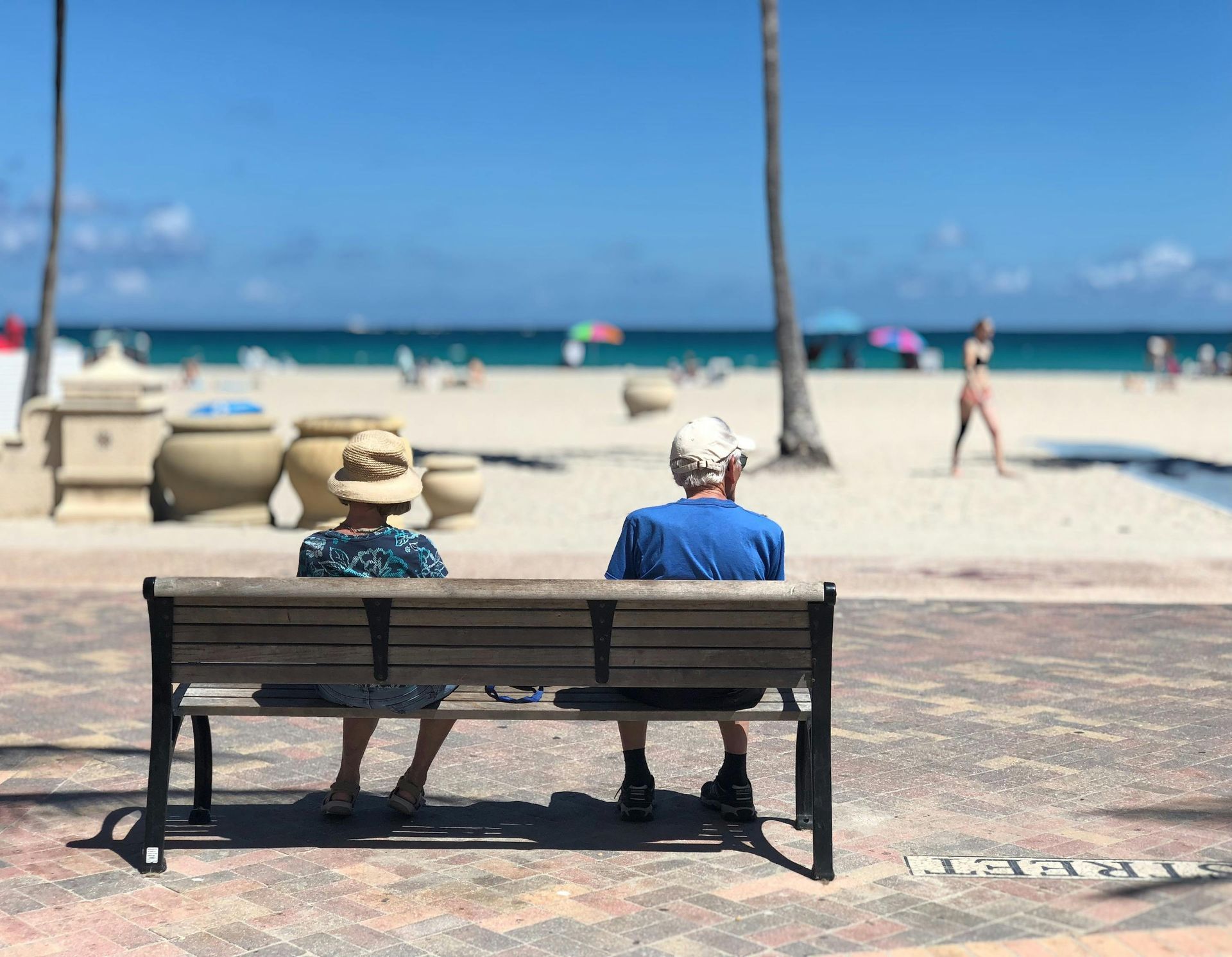Learning for Newcomers to Canada
Reflections of an Intl Student-Bhargavsai
Lessons Learned as an International Student in Canada
As I approach my final semester of college, I want to share some valuable lessons I have learned while living and studying in Canada. These insights can help new international students navigate their transition more smoothly.
1. Understanding the Culture of Appointments
In many countries, walk-ins are common, and services are provided without prior scheduling. However, in Canada, the appointment culture is essential. From healthcare and banking to meeting with professors, scheduling in advance is the norm.
- Being punctual is crucial for appointments.
- If you cannot attend, it is expected that you cancel or reschedule in advance.
- This system enhances efficiency, organization, and accountability across all sectors.
For international students, adapting to this culture will help with time management and prevent unnecessary delays in accessing services.
2. Marketplace for Affordable Essentials
One of the best lessons I learned in Canada is how to find affordable essentials through various marketplaces.
- Many online and community-based marketplaces offer second-hand furniture, electronics, and other essentialsat a fraction of retail prices.
- Some platforms even have free giveaways, which helped me furnish my apartment within my student budget.
- Popular platforms include:
- Facebook Marketplace
- Kijiji
- Karrot
- Thrift stores and yard sales
- Community cultural organizations
Before buying anything brand new, always check online marketplaces or ask fellow students, neighbors, and student services at your college.
3. Navigating Public Transit
Canada’s weather can be challenging, making understanding public transit essential for daily life.
- Learn about local transit options before moving to Canada.
- Choose housing close to a transit hub to cut down commute time and costs.
- In Toronto, public transit includes:
- TTC (Toronto Transit Commission) – Offers a 2-hour transfer per fare and monthly passes with student discounts.
- GO Transit and Via Rail – Charge fares based on distance traveled.
- Many cities offer special discounts for students and seniors—check eligibility to reduce commuting costs.
- Transit schedules and maps are available online and at stations. Being informed can help save time and money.
For more information, visit TTC's official website.
4. Understanding Services and Legal Status
As a newcomer, knowing your legal status and what services you are eligible for is crucial.
- Government Services:
- Service Canada – Social Insurance Number (SIN), employment benefits, and federal programs.
- Service Ontario – Health cards (OHIP), driver’s licenses, and other provincial services.
- Canada Revenue Agency (CRA) – Taxes and financial benefits.
- Healthcare:
- In Ontario, health insurance is provided through OHIP.
- Emergency medical care is available at hospitals, often with language support.
- Dial 3-1-1 in Toronto for municipal services.
- Identification and Documentation:
- Apply for a Social Insurance Number (SIN) through Service Canada.
- Update your address with government agencies if you move.
For more details, visit Service Canada’s official site.
5. Staying Informed and Knowing Your Rights
It is important to stay updated on laws and policies that affect international students.
- Legal awareness is essential—ignorance of the law is not a defense.
- Legal aid clinics and community organizations provide free or low-cost legal services for newcomers.
- Many police departments have community officers who work with immigrants and students.
- Sources of reliable information:
- University and college student services
- Public libraries and community centers
- Your local municipal councillor, provincial representative (MPP), and federal MP
- Cultural organizations and religious institutions
- Follow the IRCC website for updates on immigration policies and student regulations.
By staying informed and building a support network, international students can confidently navigate life in Canada.
Final Thoughts
These are just a few lessons I have learned as an international student in Canada. From understanding appointment culture to finding affordable essentials, navigating transit, accessing services, and staying informed, these insights can make your journey smoother.
I hope this guide helps other newcomers adapt quickly and thrive in their Canadian experience.
Unlock Your Potential with The Fox Education
- Our blog offers information which newcomers to Canada, international students, and others want to know.
- Our tutoring services help learners of all ages.
- We create customized learning programs for individuals and groups.
- The Business of Higher Education podcast explores post-secondary education through a business lens.







